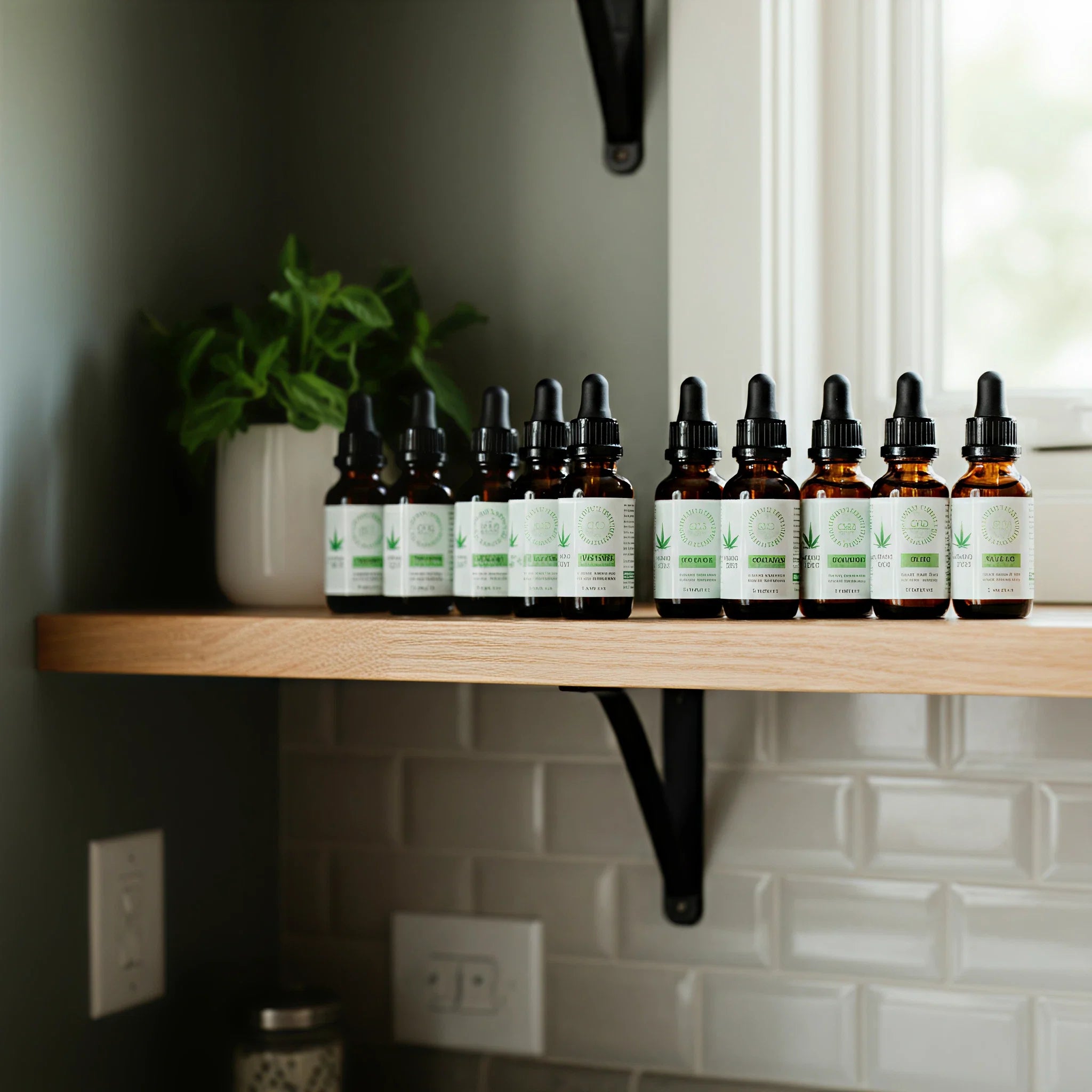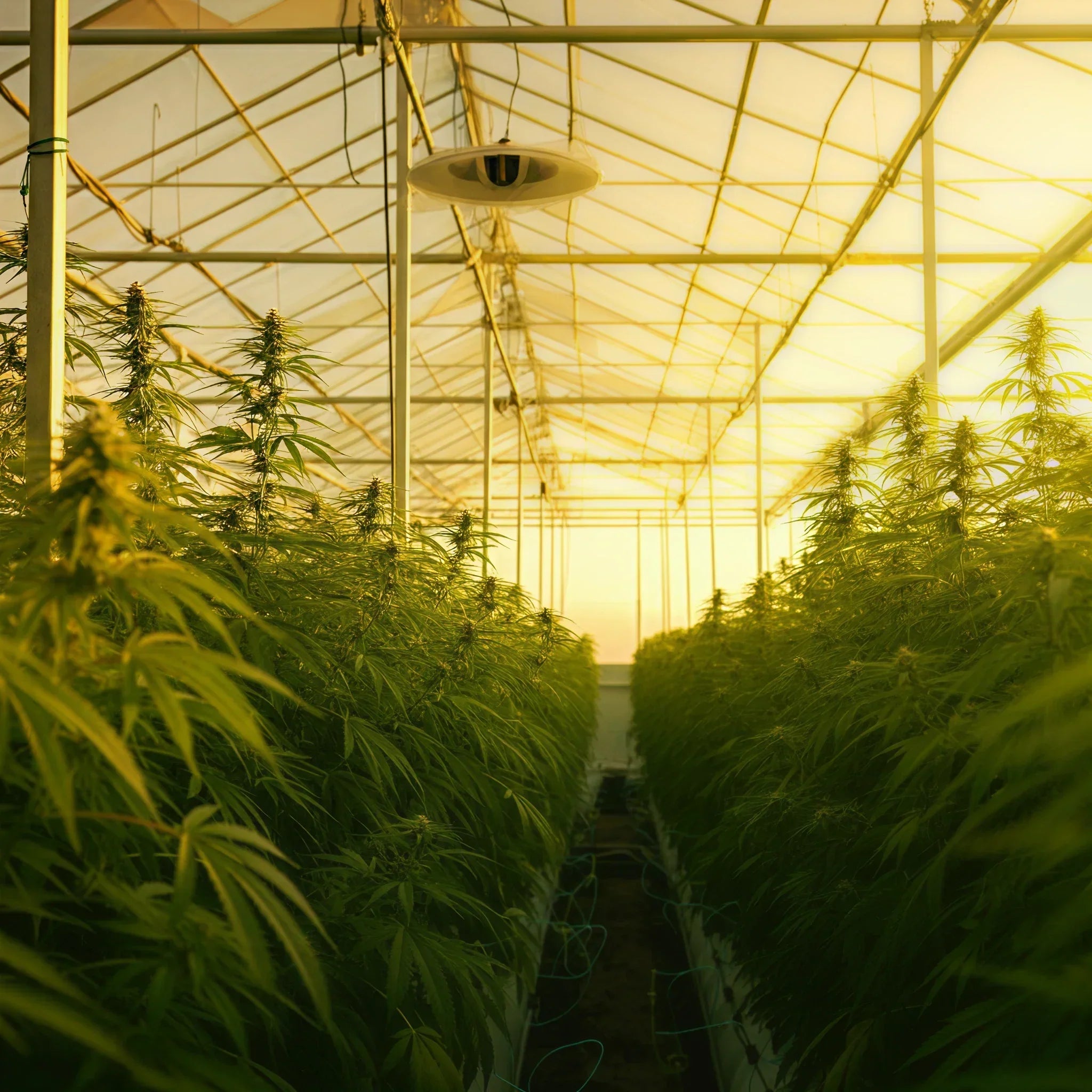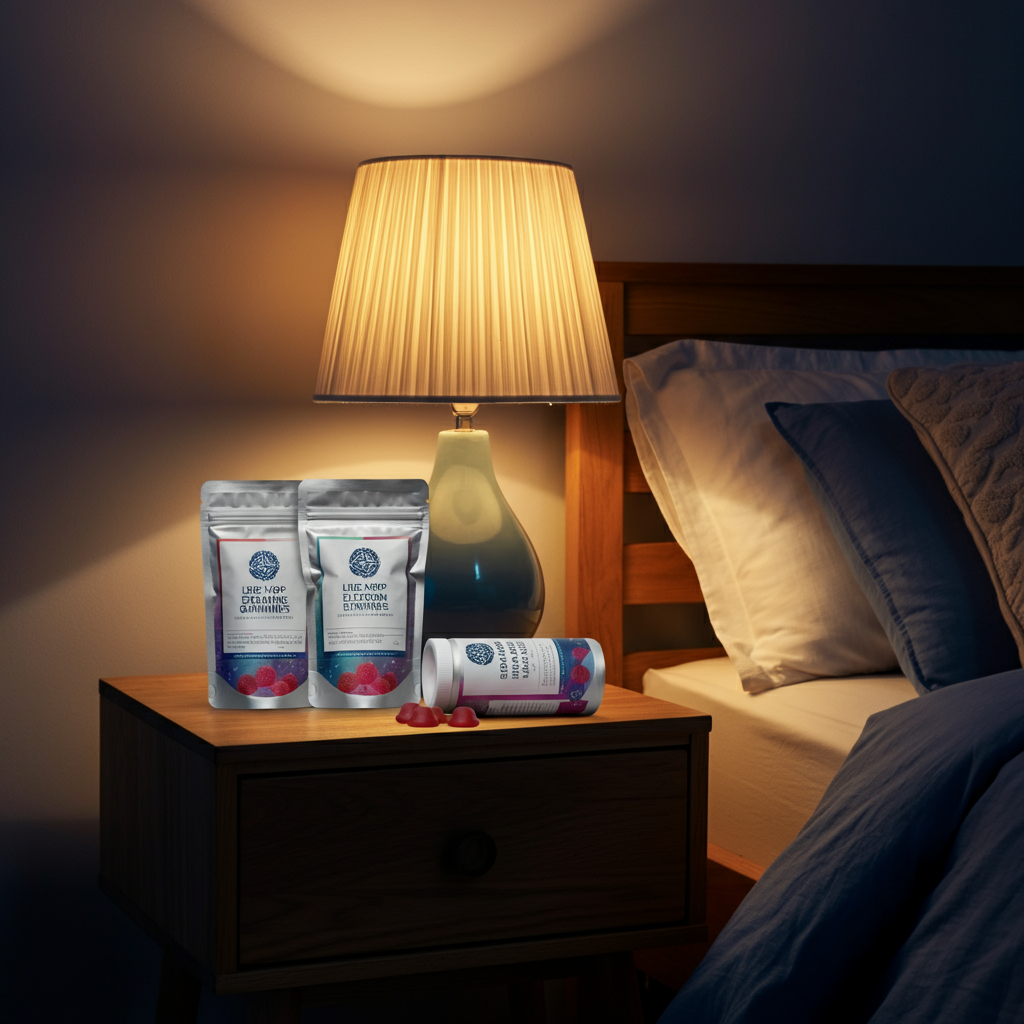Delta-8 THC has gained significant popularity in recent years as a legal and milder alternative to Delta-9 THC, the primary psychoactive compound found in cannabis. However, as more people begin exploring Delta-8 products, one question often arises—"Is Delta-8 addictive?"
If you're a CBD user or a young adult considering Delta-8, it's vital to understand the potential risks and how to use it responsibly. This blog dives into the science and facts surrounding Delta-8 THC and addiction. By the end, you’ll have a clearer understanding of how to approach this cannabinoid safely and responsibly.
What is Delta-8 THC?
Simple, affordable, memorable
How Does Delta-8 Work in the Body?
Like Delta-9, Delta-8 interacts primarily with the body's endocannabinoid system (ECS). Specifically, it binds to CB1 receptors in the brain, which regulate mood, pain perception, appetite, and other vital functions. This interaction leads to the psychoactive effects people experience after consuming Delta-8.
Its psychoactivity is the reason for the concern around addiction—a question we’ll address next.
Can Delta-8 THC Cause Addiction?
Simple, affordable, memorable
What Science Tells Us
Delta-8 THC’s addictive potential largely derives from its interaction with the brain's reward centers. Like all THC compounds, Delta-8 stimulates the release of dopamine, commonly known as the "feel-good" neurotransmitter. This release can create a positive association with the substance, leading some individuals to seek repeated use.
While Delta-8 is often considered less potent than Delta-9, it is still psychoactive. Over time, habitual use can lead to psychological dependence in some individuals. This means they may feel the mental need to rely on Delta-8 to relax, sleep, or feel good—particularly if they lack other coping mechanisms.
However, current research has not identified Delta-8 THC as physically addictive. Physical addiction occurs when the body experiences withdrawal symptoms upon discontinuation of a substance, such as nausea, sweating, or tremors. With Delta-8, users are unlikely to encounter severe physical withdrawal. Instead, addiction risk is more related to psychological patterns.
Who is Most at Risk?
Certain individuals may be more susceptible to developing a psychological dependence on Delta-8. These include:
- Those with a history of substance abuse: People who are prone to addictive behaviors may be more likely to use Delta-8 excessively.
- Individuals with mental health challenges: Those using Delta-8 for anxiety, stress, or insomnia may come to rely on it over time rather than addressing underlying issues.
- Young adults and teens: Younger individuals with still-developing brains are naturally more susceptible to psychological dependence.
Responsible Usage Guidelines for Delta-8 THC
Simple, affordable, memorable
1. Start with Low Doses
Begin with the smallest effective dose to gauge your tolerance. This reduces the risk of overconsumption, which can amplify dependency risks.
2. Limit Frequency of Use
Delta-8 isn't meant to be an everyday solution unless prescribed by a healthcare professional. Use it occasionally, such as for stress relief after a challenging day, rather than making it a daily habit.
3. Pair with Healthy Coping Mechanisms
If you’re using Delta-8 to manage anxiety or stress, ensure you're also exploring other non-substance-based coping strategies such as exercise, meditation, or therapy.
4. Be Aware of Your Intentions
Check in with yourself regularly. Are you using Delta-8 recreationally or to address underlying emotions or challenges? Recognizing your intentions can help prevent misuse.
5. Purchase High-Quality Products
Low-quality or unregulated Delta-8 products may contain harmful additives, increasing the risk of unintended side effects. Opt for lab-tested, high-quality products from reputable brands like NOVA Hemp.
6. Take Regular Breaks
To avoid developing a reliance on Delta-8, consider periodic tolerance breaks. These breaks allow your body to reset and prevent the buildup of psychological dependence.
Why Choose NOVA Hemp for Delta-8 Products?
When it comes to Delta-8, quality is everything. NOVA Hemp offers a curated selection of premium Delta-8 products designed with both efficacy and safety in mind. Each product is lab-tested for purity and free from harmful additives, ensuring a consistent and trustworthy experience.
Additionally, every shipment includes detailed usage guidelines and recommendations, helping you make informed decisions about your consumption. Whether you're trying Delta-8 for stress relief, focus, or social relaxation, NOVA Hemp’s expert curation ensures you receive only the best.
Final Thoughts on Delta-8 and Addiction
While Delta-8 THC is unlikely to cause physical addiction, there is some potential for psychological dependence—especially for those who overuse it or rely on it to cope with stress or anxiety. However, by understanding the risks and adopting responsible consumption habits, you can enjoy the benefits of Delta-8 without unnecessary worry.
At NOVA Hemp, we’re committed to empowering our customers with the knowledge they need to make informed decisions. If you’re ready to explore high-quality, responsibly sourced Delta-8 products, visit our store today.






Share:
Finding the Best CBD Oil for Dogs: The Right Pick for Your Pet
How is CBD Oil Made? Answers from a Top Producer